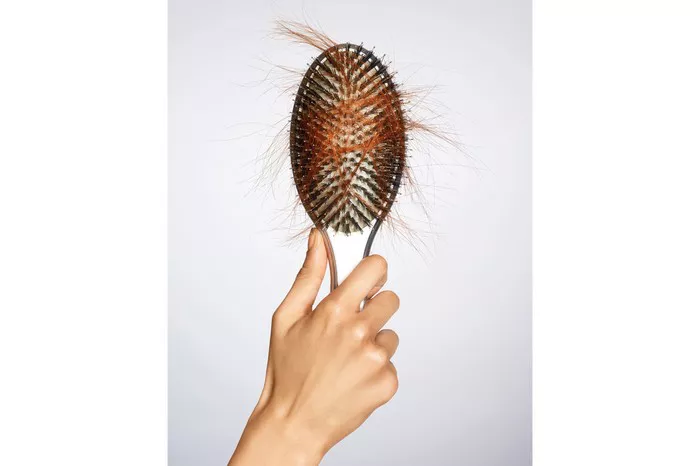Hair loss can be a distressing experience, impacting one’s self-esteem and confidence. Among the various causes of hair loss, hormonal imbalances stand out as a common culprit, affecting both men and women. Understanding the duration of hormonal hair loss is crucial for individuals navigating this challenge. While there’s no one-size-fits-all answer, delving into the intricacies of hormonal fluctuations and their effects on hair follicles can provide insights into the duration of this condition.
Factors Influencing Duration of Hormonal Hair Loss:
Underlying Cause: The duration of hormonal hair loss can vary depending on the underlying cause. Conditions such as androgenetic alopecia, polycystic ovary syndrome (PCOS), thyroid disorders, and hormonal fluctuations post-pregnancy or menopause can lead to hair loss. Resolving or managing these underlying issues is key to addressing hormonal hair loss effectively.
Individual Response: Each individual may respond differently to hormonal changes, influencing the duration of hair loss. Factors such as genetics, overall health, lifestyle, and stress levels play significant roles in determining how long it takes for hair to regrow.
Hormonal Levels: Fluctuations in hormones, particularly androgens like testosterone and dihydrotestosterone (DHT), can disrupt the hair growth cycle. Elevated levels of DHT, for instance, can shrink hair follicles, leading to hair thinning and eventual loss. Balancing hormone levels through medication, lifestyle modifications, or hormonal therapy can help mitigate hair loss and promote regrowth.
Treatment Approach: The chosen treatment approach can impact the duration of hormonal hair loss. Topical solutions, oral medications, hormone therapy, and lifestyle changes may yield varying results in terms of halting hair loss and stimulating regrowth. It’s essential to consult with a healthcare professional to determine the most suitable treatment plan based on individual needs.
Consistency of Treatment: Consistency in following the prescribed treatment regimen is crucial for achieving optimal results. Whether it’s applying topical solutions regularly, taking medication as directed, or attending hormonal therapy sessions, adhering to the treatment plan can expedite the regrowth process and minimize the duration of hair loss.
The Journey of Hair Regrowth:
Stabilization Phase: Upon initiating treatment for hormonal hair loss, the first phase involves stabilizing the condition. This may entail halting further hair loss by addressing hormonal imbalances and promoting a healthier scalp environment. It’s important to manage expectations during this phase, as visible regrowth may not occur immediately.
Transition Phase: As the treatment takes effect and hormonal levels begin to normalize, individuals may enter a transition phase characterized by subtle improvements in hair density and texture. While some may notice initial signs of regrowth, others may experience a reduction in hair shedding. Patience is key during this stage, as significant results may take several months to manifest.
Regrowth Phase: The regrowth phase marks the culmination of efforts to combat hormonal hair loss, with noticeable improvements in hair thickness, volume, and coverage. New hair follicles emerge from dormant or miniaturized follicles, gradually filling in areas of thinning or balding. Consistent adherence to the treatment plan is essential to maximize regrowth potential and maintain long-term hair health.
Maintenance Phase: Even after achieving successful regrowth, maintaining optimal hormonal balance and scalp health is essential to prevent recurrence of hair loss. Continuing with prescribed medications, lifestyle modifications, and regular follow-ups with healthcare providers can help sustain the gains achieved during the regrowth phase.
Conclusion:
In conclusion, the duration of hormonal hair loss is influenced by various factors, including the underlying cause, individual response, hormone levels, treatment approach, and consistency of treatment. While there’s no definitive timeline for regrowth, addressing hormonal imbalances and implementing targeted therapies can facilitate the journey towards healthier, fuller hair. Patience, perseverance, and proactive management are key in navigating the phases of hair regrowth and maintaining long-term results. By understanding the complexities of hormonal hair loss and adopting a comprehensive approach to treatment, individuals can reclaim their confidence and embrace a vibrant, revitalized mane.
How Much Hair Loss Is Normal During Menopause

